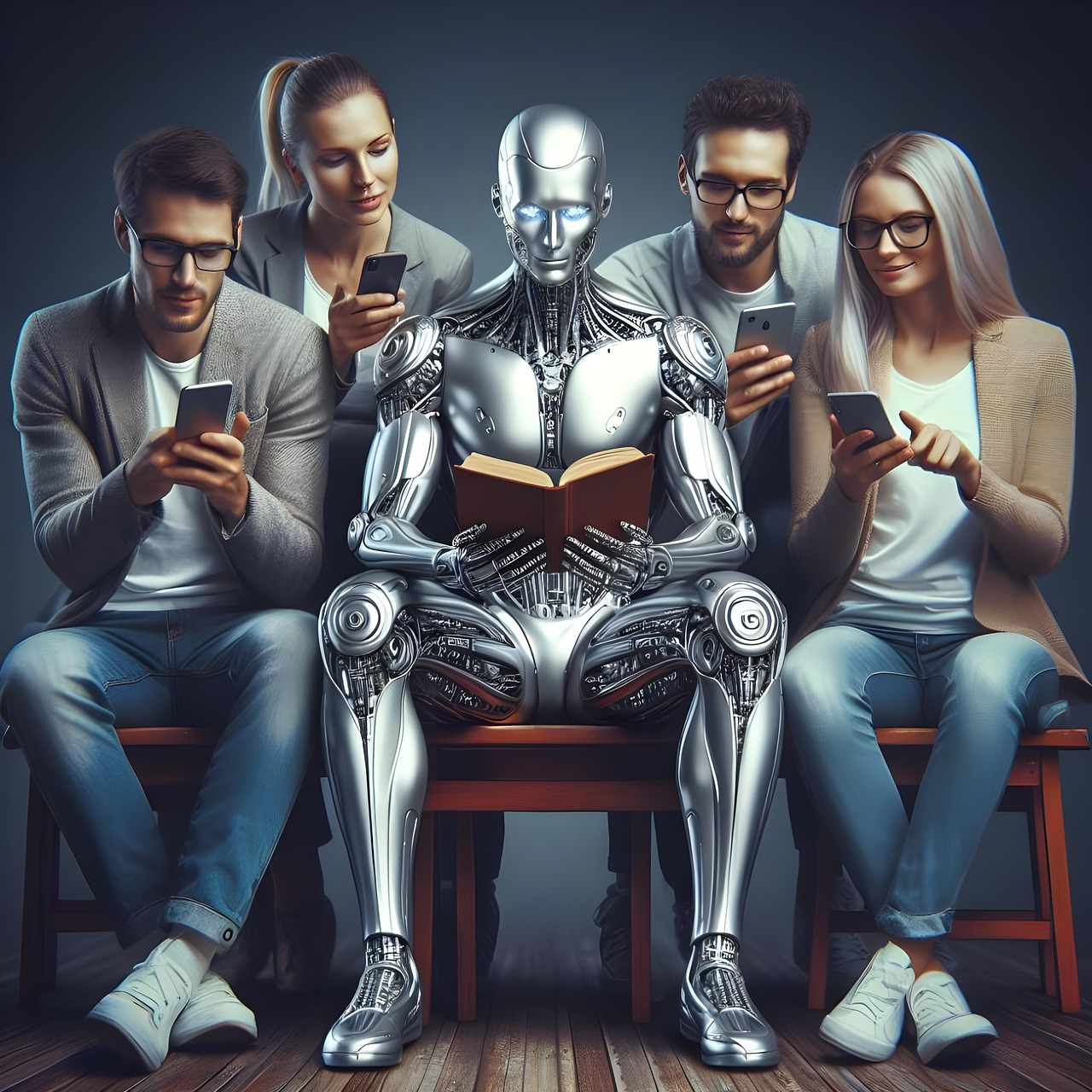The development of A.I is becoming more serious day by day. It is rapidly influencing every field. Whether its education, sports, art and industrial work. Its effects are now being felt in literature as well. Although A.I. has not yet fully taken over this domain, in the future, it could potentially dominate the literary world which poses a serious problem to consider. Can A.I replicate human emotion or it presents just factual literature.?
The insertion of A.I is haunting the essence of literature. It is drawing a line between emotion-based literature from factual literature. A.I and humans can talk about literature and also write it well, but A.I focuses on facts and figures. It gathers data rooted in facts, figures, states, and predefined structure. Meanwhile, humans draw inspiration for literary work through senses, emotions, observations, and lived experiences.
Yesterday, I was reading the poem of my friend titled “MoUrning”, he wrote about how he felt the breeze of air in the morning and related it to his mourning in the lost world. The whole piece was beautiful and amazing. Then I write that poem on the A.I, I wanted to check the difference between A.I and human literature out of curiosity. A. I has also written amazing and great poems with much accurate usage of metaphor and other devices, but it was based on the factual and existing science of breeze in the year and how it feels. It has not developed the experience of being mournful in the morning. There was no connection between the inner lost self and with morning fresh breeze. This is what makes classic literature differ from A.I generated.
The influence of A.I on literature is growing rapidly. If this trends continuous, it will eventually take over the entire Literary landscape. This is an alarming situation for future libertarians and thinkers. We must address this issue in time, otherwise it may spiral out of control, leaving no room for recovery. It is a serious threat to all of humanity by potentially replacing genuine feelings and experiences. Take the example of Linguistics: it originally emerged from classic literature. how it is derived from classic Literature. These two fields were once deeply intertwined until the rise of science began to overshadow literature. Eventually, it became necessary to separate linguistics from literature to preserve the scientific objectivity of one and the emotional depth of the other.
While we may eventually have to acknowledge AI-generated literature as a distinct form, we must separate it from classical literature. Failing to do so could dilute the essence and emotional depth that define the literary canon. Language and literature scholars must recognize this shift and take thoughtful measures to preserve the authenticity of human expression. This is the only viable solution we must collectively embrace otherwise, we risk handing over the guardianship of classical literature to artificial intelligence.
Abu bakar Ahmad
15/07/2025
